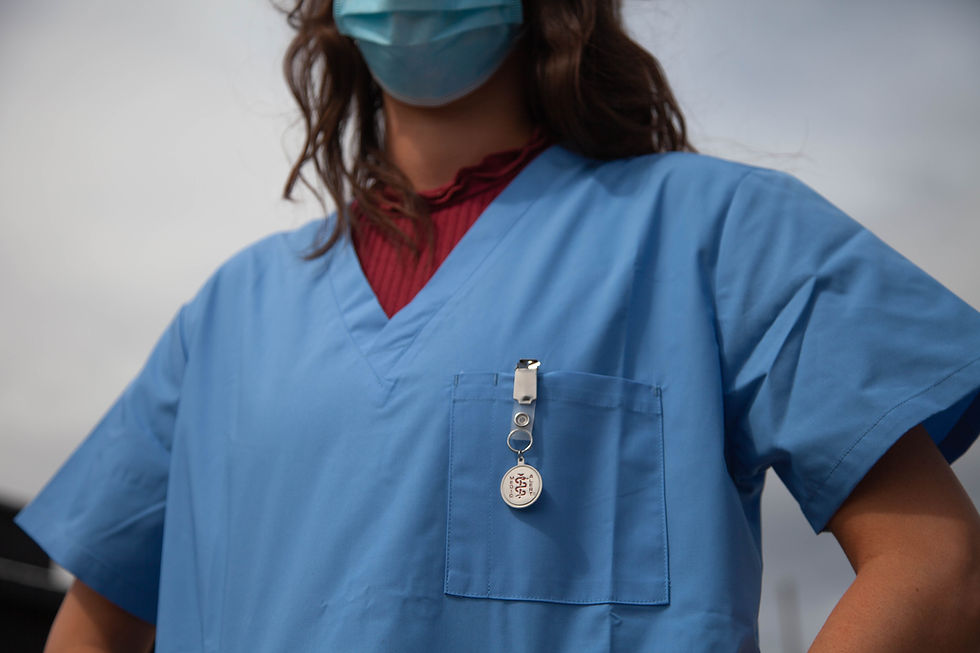Chemotherapy Nurse Training: How To Stay Safe When Handling Hazardous Drugs
- Stephanie Darden
- Mar 26, 2022
- 2 min read
Updated: Jul 26, 2022

Increase Your Safety When Handling Hazardous Drugs:
It is not uncommon for a nurse to float to several departments within a hospital. However, it may be uncommon for a nurse to get specific safety training on a unit that handles hazardous drugs like chemotherapy and biotherapy.
Often times, nurses with no chemo/bio training would float to a department that handles chemo/bio or care for a patient undergoing chemo/bio treatment, but would not know the important safe handling precautions.
Not knowing how to handle hazardous drugs properly can expose you to harm such as infertility.
Getting chemo/bio training can help make sure you are taking the right safety precautions to caring for patients undergoing chemo/bio treatment.
Non-Heme/Onc Nurses Caring for Patient Undergoing Chemo/Bio Treatment:
Even if you are not a trained heme/onc nurse, you may be assigned to a heme/onc patient receiving chemo/bio treatment. Several non-heme/onc nurses care for heme/onc patients:
Nurses that float to a heme/onc unit
PICU nurses caring for critically ill heme/onc patient
Pre-Operative nurses preparing a heme/onc patient for surgery.
But sometimes, these non-heme/onc nurses don’t get informed of the potential risks and safe handling when caring for heme/onc patients getting chemo/bio treatment.
Chemo Handling Tips To Keep You Safe:
Body Fluids:
Traces of hazardous chemotherapy can be found in a patient’s body fluids like urine up to 48-hours post-chemo administration. Some can be found longer if the drug has a longer half life.
As a nurse caring for a patient receiving treatment, find out when was your patient’s last chemo treatment and make sure you wear proper Personal Protective Equipment (PPE) when handling body fluids.
Diapers:
If your patient is diapered and getting chemo, then the diaper is considered hazardous and should go into the yellow hazardous bin disposal, not the trash. Wear proper PPE when handling diapers.
IV Chemo Bags & Tubing:
Don't touch IV chemotherapy with your bare hands (even if you are just checking the IV bag that is running). Wear at minimum chemo-rated PPE such as double chemo gloves.
Even if you do not plan to give chemotherapy or biotherapy, chances are, you will float to a unit that does handles chemo/bio or you will care for a patient that received chemo/bio treatment.
Getting chemo/bio training can help you learn more about hazardous drugs and what you can do to make sure you are safe.
Learn more about how to stay safe with our upcoming chemo/bio courses!




Comments